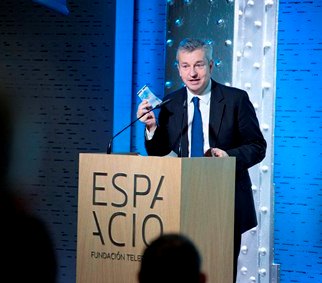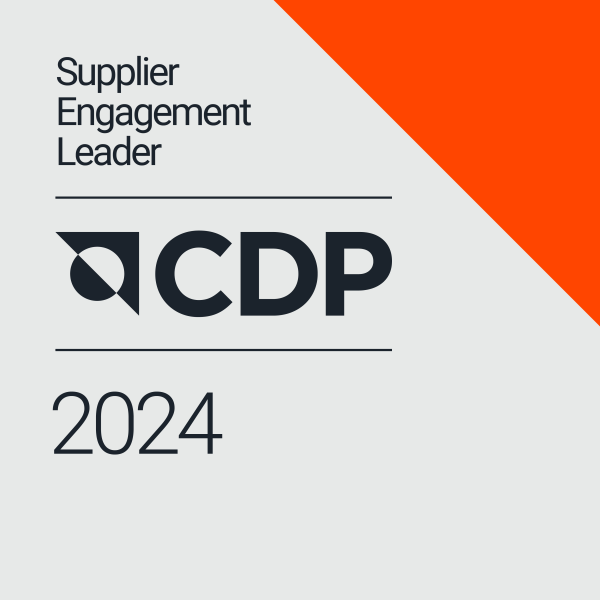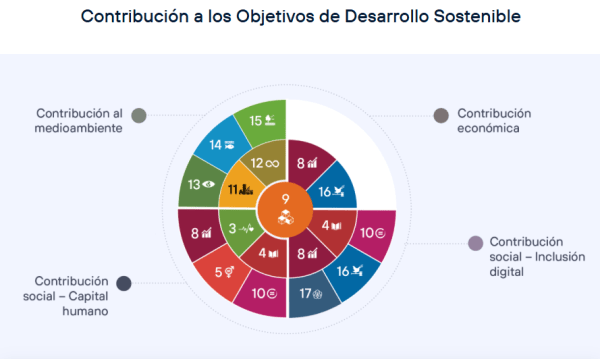Esta mañana se ha presentado en Madrid el CDP Iberia 125 Climate Change Report 2013, que muestra a las compañías que están respondiendo mejor al cambio climático, gestionando tanto los retos como las oportunidades. Más de 700 inversores institucionales con activos por valor de 87 billones de dólares siguen el CDP para elegir a las empresas en las que ponen su dinero.
En opinión de Paul Dickinson, presidente ejecutivo del CDP, la clave para atraer estos fondos es reinventar los negocios y avanzar hacia una economía digital y baja en carbono.
– ¿Qué importancia tienen las empresas de la Península Ibérica en el CDP?
– Son claves porque la Península es como una madre a la que miran los países de Latinoamérica. Hay empresas de sectores como el alimentario o el turismo con mucho éxito, que generan confianza en todo el mundo, y ante un reto como el cambio climático sus actuaciones son un ejemplo. De ahí, por ejemplo, la importancia del liderazgo de Telefónica.
–¿En qué sentido?
– El sector TIC y Telefónica son parte de la solución al cambio climático, son el futuro. La nueva economía global va a basarse en la desmaterialización. Necesitamos menos átomos y más bytes.
–Si es así, ¿por qué no se reconoce más el papel de la industria TIC en este tema?
– El sector tiene que presionar más. Y en concreto debe hacerlo Telefónica. Es una campeona conectando al mundo y debe ejercer ese papel de liderazgo. Tenemos que conseguir que las compañías que más emiten paguen más impuestos y que ese dinero vaya, por ejemplo, a extender la banda ancha. Yo he venido a Madrid en un avión que contamina. No entiendo cómo 44 años después de conquistar la Luna no tenemos todos videoconferencia o telepresencia en casa. Los aviones, los coches, etc. tienen que pagar por contaminar.
–La industria del automóvil está evolucionando con el coche eléctrico.
– El coche eléctrico es aún simbólico porque representa un 1% de las ventas. Tendría que llegar al 70%.
–¿Cómo se puede acelerar su penetración?
– Con impuestos a las emisiones. Los inversores ven en el cambio climático uno de los mayores riesgos. En consecuencia las empresas van a tener que reinventarse para responder.
– Sí, pero esto no es fácil.
– Empecemos entonces de inmediato. Hagámoslo si lo preferimos con este enfoque: pensemos en los niños, todos queremos lo mejor para ellos, y en general en nuestra calidad de vida. Por ejemplo, ¿por qué no pueden los empleados vivir en uno de los muchos pueblos de España y teletrabajar? Hay que extender las TIC. ¿Por qué no promover para ello una alianza sectorial, entre las empresas, Telefónica, AT&T, Verizon y las demás operadoras, junto con otras compañías como Apple?








